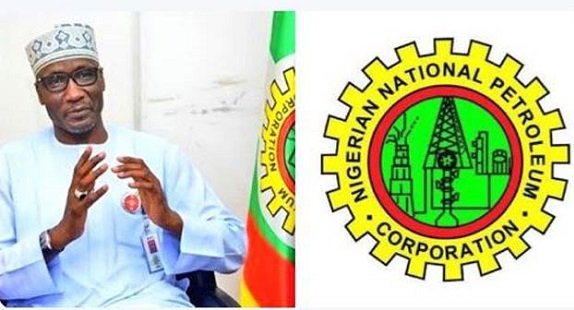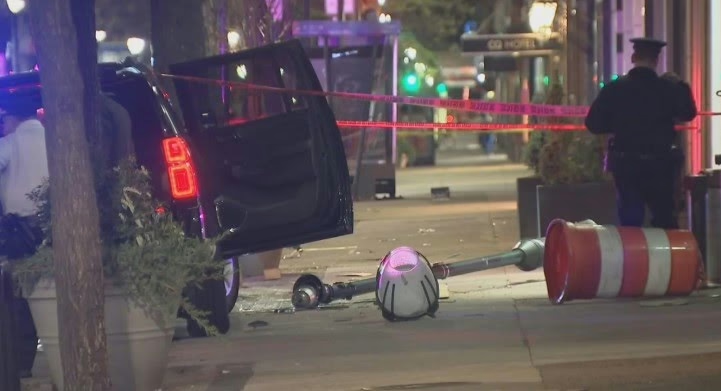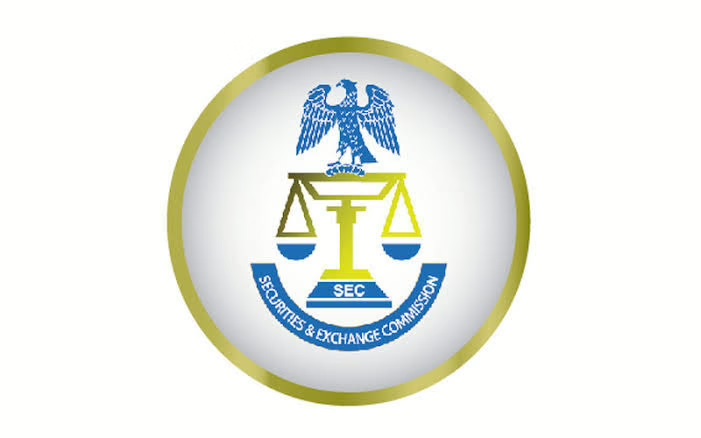There will be no hike in the current ex-depot price of Premium Motor Spirit (petrol) until the conclusion of ongoing engagement with organised labour and other stakeholders, the Nigerian National Petroleum Corporation (NNPC) announced yesterday.
The Group General Manager, Group Public Affairs Division, Dr. Kennie Obateru, told reporters in Abuja that the corporation was, for now, bearing the burden of importing refined petroleum products as the supplier of last resort to guarantee energy security for the nation.
Shedding more light on the recent interview by the Group Managing Director, Mallam Mele Kyari, at the State House, Dr. Obateru stated that the NNPC has no intention to preempt ongoing engagement with labour by unilaterally increasing the ex-depot price of petrol, even though the Corporation is bearing the burden of price differentials between the landing cost and pump price of petrol.
He said as a proactive organisation, NNPC has made arrangements for robust stock of petroleum products in all its strategic depots across the country to keep the nation well supplied at all times.
Read Also: Report indicts NNPC, CBN, others of under-remittance to Fed Govt
He advised petroleum products marketers not to engage in arbitrary price increase or hoarding of petrol so as not to disrupt the market.
He also urged motorists not to engage in panic buying, stressing that NNPC was committed to ensuring energy security for the country as the supplier of last resort.
Kyari had said on Thursday said the NNPC could no longer bear the burden of underpriced sales of premium motor spirit (PMS), as it pays between N100-120 billion a month to keep the pump price at the current levels.
He said: “The price could have been anywhere between N211 and N234 to the litre. The meaning of this is that consumers are not paying for the full value of the PMS that we are consuming and therefore someone is paying that cost,” he said.
“As we speak today, the difference is being carried in the books of NNPC and I can confirm to you that NNPC may no longer be in a position to carry that burden.”
The Nation











Leave a Reply